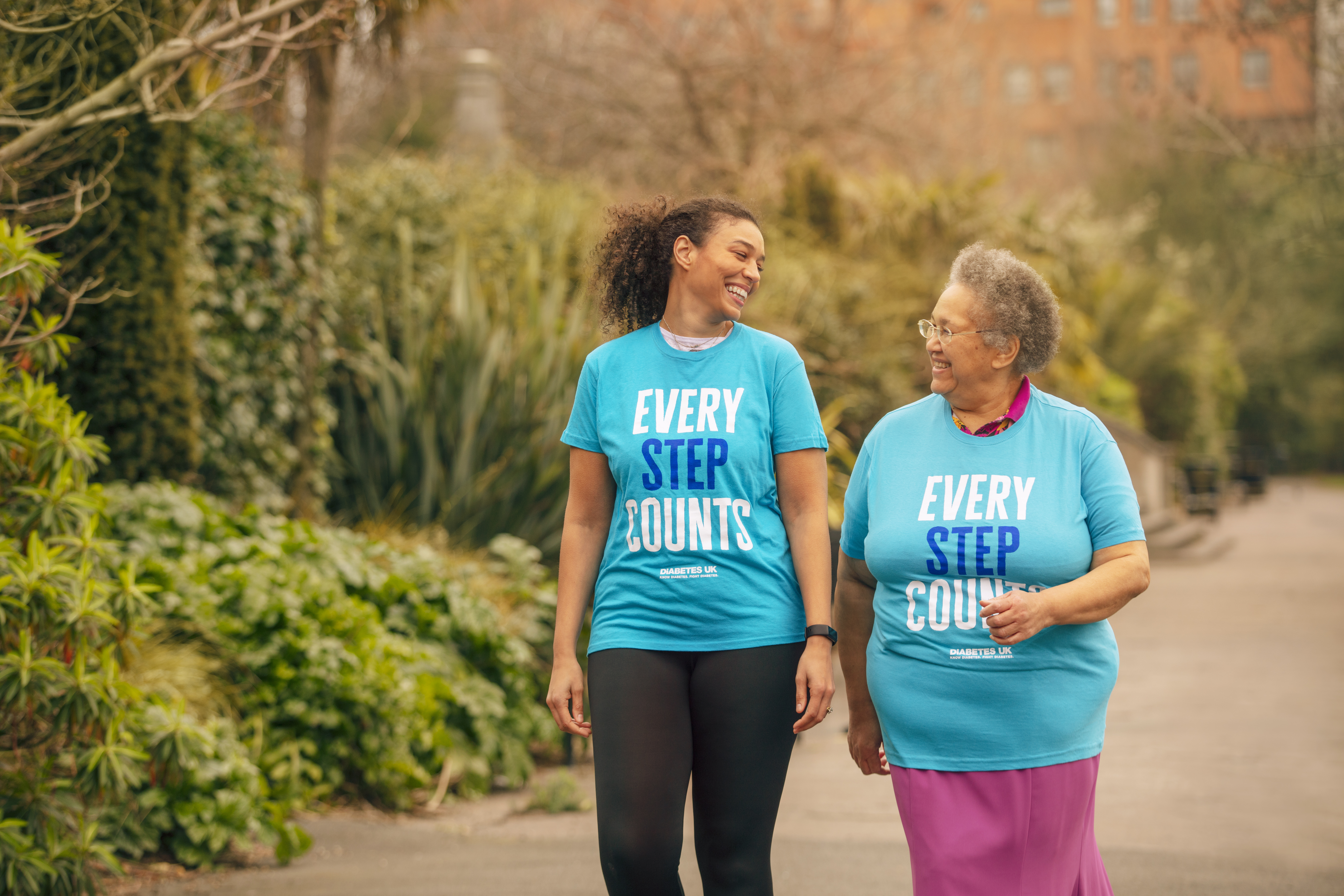5 Tips That Can Help Prevent Type 2 Diabetes

There are an estimated 13.6 million people at increased risk of developing type 2 diabetes in the UK, according to the charity Diabetes UK. And the reasons why type 2 diabetes develops are complex, so any preventative measures are worth knowing. We have five tips that can help prevent type 2 diabetes, thanks to Dan Howarth, Head of Care at Diabetes UK, who says:
Living with overweight or obesity considerably increases your risk. But there are other factors too – for instance your age, ethnicity and family history.
If not managed well, type 2 diabetes can lead to devastating complications which can seriously damage parts of your body. However, research shows that for some people, combined lifestyle interventions can help. This includes diet, physical activity, and sustained weight loss. And these can be effective in reducing the risk by about 50%.
5 Tips That Can Help Prevent Type 2 Diabetes
Get Moving
According to government advice, adults should be active to a moderate intensity – meaning you have a raised heartrate and breathe faster. It’s for at least 150 minutes per week, so try breaking it down to 30 minute chunks, five days a week. Or, break this down into chunks that work for your lifestyle.
Moving more is key to preventing type 2 diabetes and Diabetes UK’s One Million Step Challenge is perfect for anyone looking to get more active this summer. You take one million steps over the course of three months. This works out at around 10,000 steps per day – and you get sponsored for every stride. The challenge begins on 1 July and is free to enter. There is the half-a-million-step challenge, too. Or try the longer 1.7 million-step challenge for those who really want to push themselves this summer.
Watch Your Weight
Having a high waist measurement can mean you have fat building up around organs like your liver and pancreas. Unfortunately, this can lead to something called insulin resistance. This is when the insulin your body is producing doesn’t work properly and increases your chance of having high blood glucose.
If you are living with obesity or are overweight, losing weight can feel really challenging but there is support available. For instance, speak to your GP surgery about local weight management programmes. Or ask for a referral to a dietitian or contact the Diabetes UK helpline for advice on 0345 123 2399.
Eat Healthily
There’s no one-way-fits-all approach to eating for people at high risk of developing type 2 diabetes. But research shows that our overall diet is linked to our risk of developing the condition. Certain diets have been linked with a decreased risk of type 2 diabetes, such as the Mediterranean diet. There’s also Dietary Approaches to Stop Hypertension (DASH) diet, vegetarian and vegan diet, or the Nordic diet.
Diabetes UK’s tips for healthy eating with diabetes is full of advice and ideas to help get you started.
Quit Smoking
Smoking is linked to many serious health conditions. But you may not know it is also associated with a higher risk of developing type 2 diabetes and can increase the risk of complications in those living with diabetes. Stopping smoking is one of the best things to do for your health. And there is plenty of help and advice out there to support you. Check out: NHS stop smoking services help you quit.
Cut Down On Alcohol
Drinking too much alcohol is associated with an increased risk of getting type 2 diabetes. And it’s also high in calories, so makes it difficult to lose weight. Men and women are advised not to drink more than 14 units a week on a regular basis. Also, units should be spread evenly over 3-4 days with a few days per week without any alcohol at all.
Before you begin your prevention journey, join the millions of people who have used Diabetes UK’s free Know Your Risk tool. This estimates your risk of developing type 2 diabetes within the next 10 years.
Just answer seven simple questions about your age, gender, ethnicity, family history, waist measurement, Body Mass Index and blood pressure. Then the tool uses a points system to identify if a person is at low, increased, moderate or high risk of developing type 2 diabetes. Based on the final score you then have the option to seek further advice.





